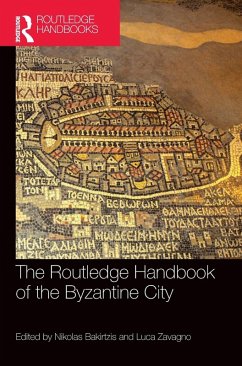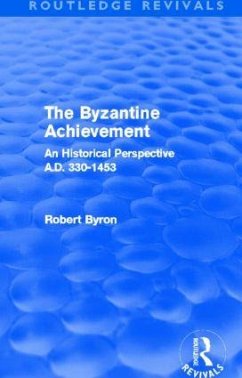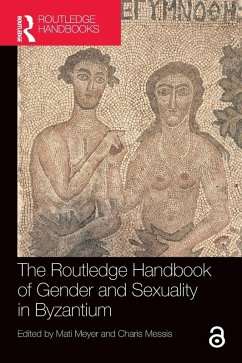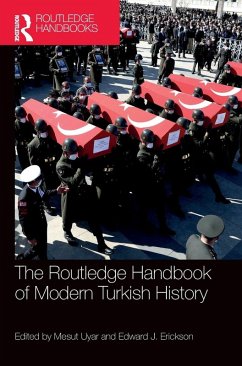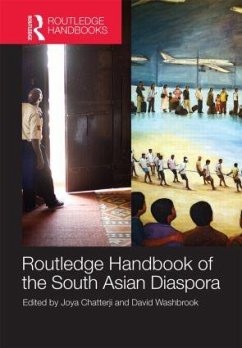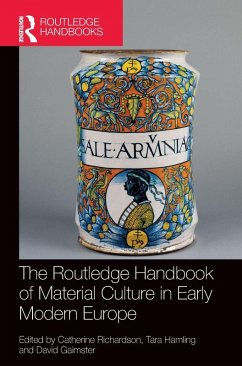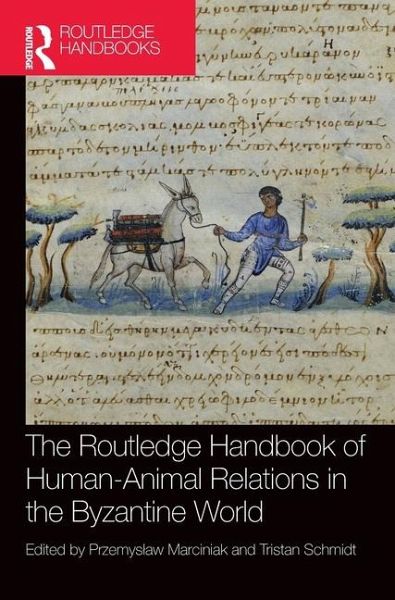
The Routledge Handbook of Human-Animal Relations in the Byzantine World
Versandkostenfrei!
Versandfertig in 1-2 Wochen
262,99 €
inkl. MwSt.
Weitere Ausgaben:

PAYBACK Punkte
131 °P sammeln!
This book offers an in-depth survey of the relationships between humans and non-human animals in the Byzantine empire.




